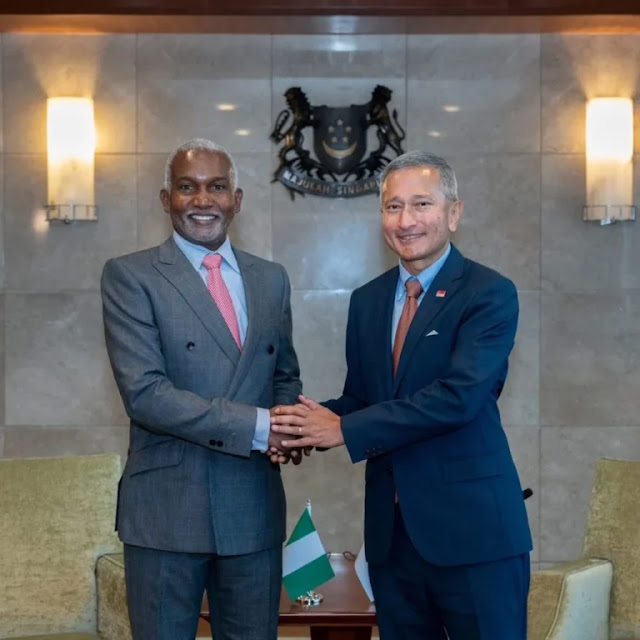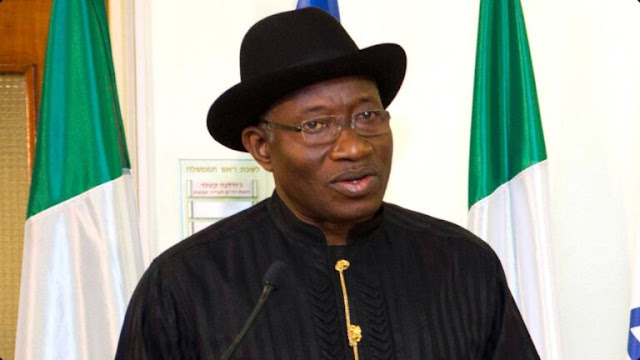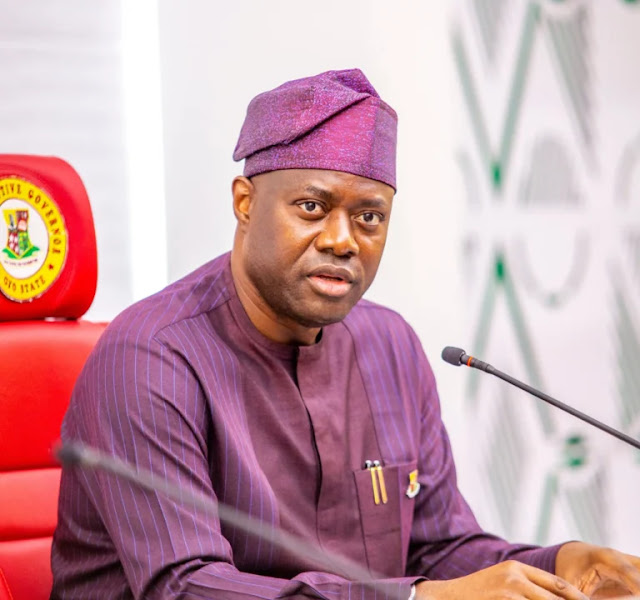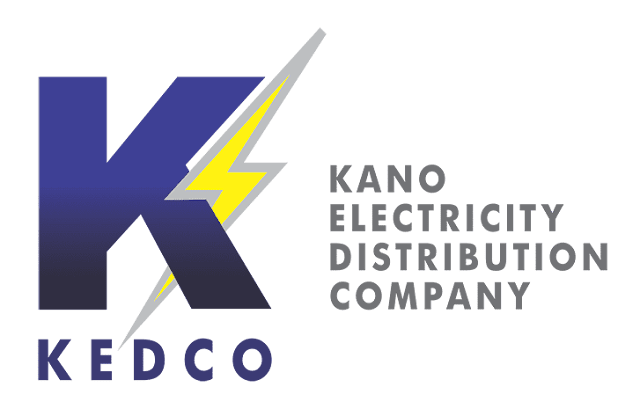In a significant stride toward bolstering Nigeria’s global economic and diplomatic ties, the Minister of Foreign Affairs, Ambassador Yusuf Tuggar, has reaffirmed Nigeria’s unwavering commitment to deepening its partnership with Singapore. This renewed focus aims to foster sustainable development, enhance economic cooperation, and solidify Nigeria’s leadership role in Africa’s engagement with the global community. The announcement, made through a statement by Alkasim Abdulkadir, the Special Assistant on Media and Communications Strategy to the Minister, underscores Nigeria’s proactive approach to leveraging international partnerships to achieve its national priorities under President Bola Tinubu’s administration.
The reaffirmation comes in the wake of the Fifth Singapore–Africa Ministerial Exchange Visit (SAMEV), a high-level biennial platform held from August 26 to 28, 2025, in Singapore. Organized by Enterprise Singapore, the government agency tasked with promoting enterprise development and facilitating global market access, the SAMEV convened under the theme “Progressing Together towards a Sustainable Future.” This theme reflects the shared vision of African nations and Singapore to collaborate on innovative solutions for sustainable growth, economic resilience, and mutual prosperity.
Strengthening Bilateral Ties through the Investment Promotion and Protection Agreement (IPPA)
A cornerstone of Nigeria’s participation in the SAMEV was the formal entry into force of the Investment Promotion and Protection Agreement (IPPA), also referred to as the Bilateral Investment Treaty (BIT), between Nigeria and Singapore. This landmark agreement marks a pivotal moment in the economic relationship between the two nations, providing a robust legal framework to encourage and safeguard investments. The BIT is designed to enhance Nigeria’s appeal as a prime destination for foreign direct investment (FDI) while offering protections for Singaporean investors seeking opportunities in Nigeria’s burgeoning markets.
Ambassador Tuggar emphasized that the BIT is poised to catalyze economic cooperation, deepen investor confidence, and unlock opportunities across critical sectors such as infrastructure, technology, and sustainable development. By fostering a secure and predictable investment environment, the agreement aligns with Nigeria’s broader foreign policy objectives under President Tinubu’s leadership, which prioritize attracting FDI, building resilient global economic partnerships, and driving inclusive growth. The BIT is expected to serve as a catalyst for transformative projects that will create jobs, improve infrastructure, and advance Nigeria’s sustainable development agenda.
The agreement also positions Nigeria as a key player in the global investment landscape, signaling to the international community that the country is open for business. By offering protections such as fair treatment, non-discrimination, and mechanisms for dispute resolution, the BIT mitigates risks for Singaporean investors, encouraging them to explore opportunities in Nigeria’s diverse economic sectors. This development is particularly significant given Singapore’s reputation as a global financial hub and a gateway to Asian markets, making it an ideal partner for Nigeria’s economic aspirations.
SAMEV and ASBF: Platforms for Multilateral and Bilateral Engagement
The SAMEV, which commenced in 2014, has emerged as a vital platform for fostering dialogue and collaboration between Singapore and African nations. The 2025 edition brought together 14 ministers and deputy ministers from countries including Botswana, Côte d’Ivoire, Ghana, Kenya, Liberia, Madagascar, Nigeria, Rwanda, Sierra Leone, Somalia, South Africa, Tanzania, Uganda, and Zimbabwe. Hosted by Singapore’s Minister for Foreign Affairs, Dr. Vivian Balakrishnan, the event provided a forum for high-level discussions on deepening Africa–Singapore cooperation.
During the visit, the African delegation was warmly received by Singapore’s Prime Minister and Minister for Finance, Mr. Lawrence Wong, for a lunch meeting that centered on strengthening bilateral and multilateral ties. The discussions highlighted the mutual benefits of collaboration, with a focus on sharing expertise, fostering innovation, and addressing common challenges such as climate change, economic diversification, and technological advancement. The visit concluded with a dinner reception hosted by Ms. Grace Fu, Singapore’s Minister for Sustainability and the Environment and Minister-in-charge of Trade Relations, further reinforcing the spirit of partnership.
Alongside the SAMEV, the African ministers participated in the Opening Session of the eighth Africa–Singapore Business Forum (ASBF), which ran concurrently with the ministerial meetings. The ASBF, attended by over 700 business and government representatives from 40 African countries and Asia, served as a dynamic platform for business matchmaking, networking, and exploring pathways for sustainable growth. The forum featured a keynote address by Ghana’s President John Mahama, delivered during his concurrent state visit to Singapore, as well as discussions led by prominent figures such as Gbenga Oyebode, Chairman of ALN, and Samaila Zubairu, President and CEO of the Africa Finance Corporation.
The ASBF provided a unique opportunity for Nigeria to showcase its ongoing economic reforms, highlight investment opportunities, and build networks with policymakers and business leaders from Asia and Africa. By participating in these platforms, Nigeria demonstrated its commitment to broadening its diplomatic and economic horizons, leveraging global partnerships to address national priorities such as job creation, infrastructure development, and sustainable growth.
Nigeria’s Strategic Vision for Global Engagement
Ambassador Tuggar emphasized that Nigeria’s participation in the SAMEV and ASBF underscores the country’s strategic vision to position itself as a leader in Africa’s engagement with the global community. By fostering partnerships with countries like Singapore, Nigeria aims to tap into global expertise, attract investment, and drive innovation in key sectors. The minister highlighted that these platforms create avenues for Nigeria to showcase its economic potential, engage with international stakeholders, and build mutually beneficial relationships.
Under President Tinubu’s administration, Nigeria has prioritized economic reforms aimed at creating a more conducive environment for investment and growth. These reforms include efforts to improve the ease of doing business, enhance infrastructure, and promote sustainable development. The BIT with Singapore is a testament to these efforts, as it signals Nigeria’s commitment to creating a stable and investor-friendly environment. By aligning its foreign policy with economic priorities, Nigeria is positioning itself as a hub for trade and investment in Africa, with the potential to drive regional integration and prosperity.
Opportunities for Collaboration in Key Sectors
The partnership with Singapore opens up numerous opportunities for collaboration in sectors critical to Nigeria’s development. Infrastructure development, for instance, is a priority area where Singapore’s expertise in urban planning, logistics, and smart cities can make a significant impact. Nigeria’s rapidly growing population and urbanization present immense opportunities for investments in transportation, housing, and energy infrastructure. The BIT provides a framework for Singaporean companies to participate in these projects, contributing to Nigeria’s goal of building resilient and sustainable infrastructure.
Technology is another area of focus, with Singapore’s advanced digital ecosystem offering valuable lessons for Nigeria’s burgeoning tech sector. From fintech to e-commerce and digital governance, collaboration with Singapore can help Nigeria accelerate its digital transformation, create jobs, and enhance service delivery. Sustainable development, a key theme of the SAMEV, is also a priority for both nations. Singapore’s expertise in renewable energy, waste management, and green technologies aligns with Nigeria’s efforts to address climate change and transition to a low-carbon economy.
Consolidating Nigeria’s Leadership in Africa
Beyond economic cooperation, Nigeria’s engagement with Singapore reflects its broader ambition to consolidate its leadership role within Africa. As the continent’s largest economy and most populous nation, Nigeria has a unique responsibility to drive regional integration and advocate for Africa’s interests on the global stage. The SAMEV and ASBF provided Nigeria with a platform to articulate its vision for a prosperous and interconnected Africa, where countries collaborate to address shared challenges and seize opportunities for growth.
By strengthening ties with Singapore, Nigeria is not only advancing its national interests but also contributing to Africa’s collective progress. The partnerships forged through platforms like the SAMEV and ASBF have the potential to create a ripple effect, fostering greater collaboration among African nations and with global partners like Singapore. Nigeria’s leadership in these engagements positions it as a bridge between Africa and Asia, facilitating knowledge exchange, trade, and investment.
Looking Ahead: A Partnership for the Future
The reaffirmation of Nigeria’s commitment to deepening its partnership with Singapore marks a new chapter in the bilateral relationship. The BIT, combined with the opportunities created through the SAMEV and ASBF, sets the stage for transformative collaboration that will benefit both nations. For Nigeria, this partnership is a critical step toward achieving its economic and developmental goals, while for Singapore, it offers access to one of Africa’s most dynamic markets.
As Nigeria continues to navigate the complexities of the global economy, partnerships like the one with Singapore will play a pivotal role in driving sustainable growth, fostering innovation, and enhancing Nigeria’s global standing. By leveraging these opportunities, Nigeria is not only advancing its national priorities but also contributing to a more prosperous and interconnected Africa.
In conclusion, the Fifth Singapore–Africa Ministerial Exchange Visit and the Africa–Singapore Business Forum have provided Nigeria with a platform to strengthen its ties with Singapore, attract investment, and showcase its potential as a leader in Africa’s global engagement. Under Ambassador Tuggar’s leadership, Nigeria is poised to deepen this partnership, leveraging Singapore’s expertise and resources to achieve sustainable development and consolidate its role as a key player on the African continent and beyond. The Bilateral Investment Treaty, combined with the networks and opportunities created through these platforms, positions Nigeria for a future of growth, innovation, and global collaboration.





